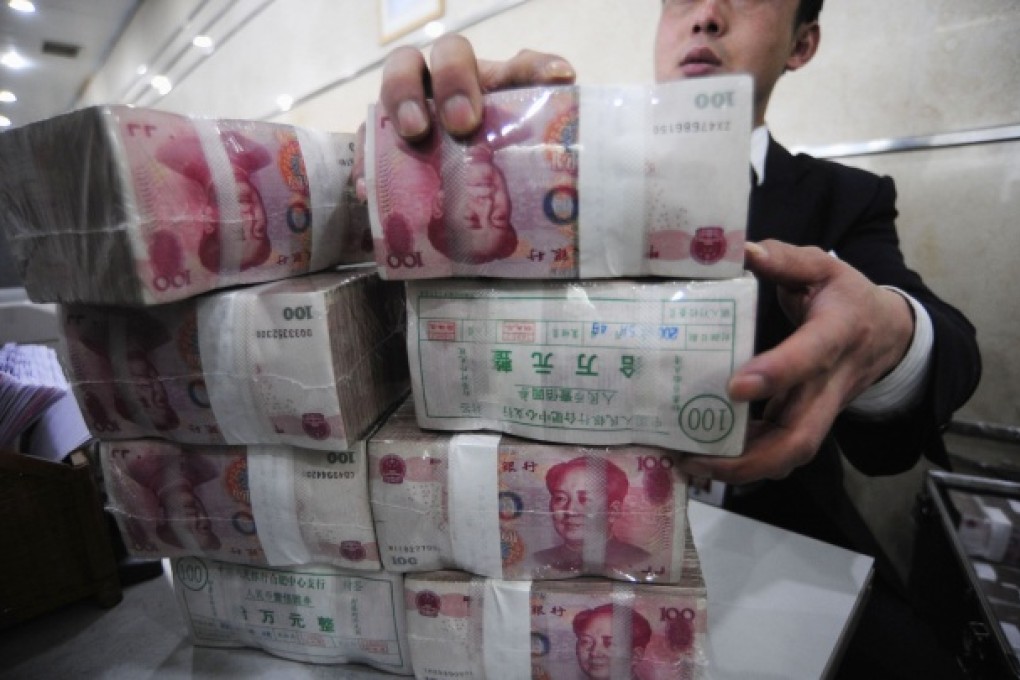
Though hardly a week goes by without news of the increasing international role of the yuan, it tends to be of immediate interest to market professionals because it is so gradual. Beijing's capital account restrictions to safeguard the nation's fragile financial system account for that. Occasionally, however, a landmark development gets wider attention. The latest is the Australian central bank's decision to shift some of its foreign reserves to the yuan.
Deputy governor of the Reserve Bank of Australia Philip Lowe says the bank will invest about 5 per cent, or about US$2 billion, of its foreign assets of about US$40 billion, in Chinese government bonds.
It may be insignificant in global money flows, or small change in terms of Australia's estimated two-way trade with China of US$134 billion in the 2011-12 financial year. But Australia is showing the way to other trading powers.
Given that China is both its biggest export customer - including for natural resources like iron ore that power its buoyant economy - and source of imports, Australia's move is not altogether surprising. Lowe told Australian and Chinese businessmen in Shanghai the country is looking for greater diversification of its investments. He anticipated that the yuan would become one of the major reserve currencies of the region as China liberalised its capital account.
Taken with deals struck between Canberra and Beijing last month, for direct trading of currencies and an annual leaders' summit, this marks a positive change from worries in Asian capitals about China's rise. Deepening economic and trade relationships promote greater understanding and trust. If the depth of financial relationships is to match that of trade ties China, too, has a role to play, for example in developing investment and hedging tools in its highly regulated financial system. Beijing's efforts to internationalise its currency include broadening investment channels for trade earnings in yuan but, as Lowe said, much work remains to be done.